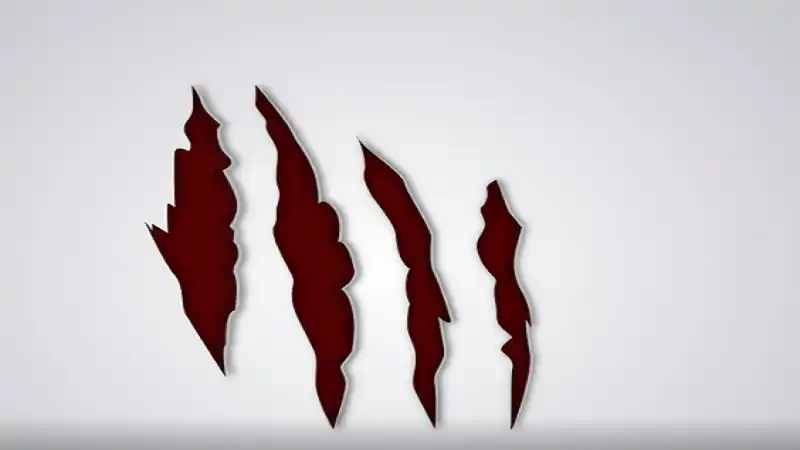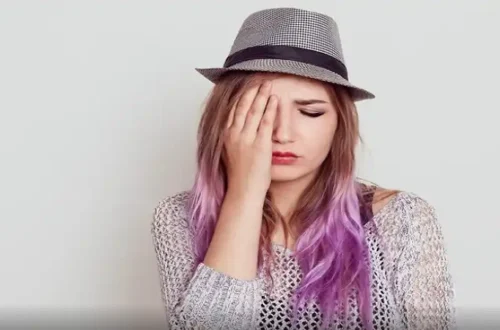In today’s digital age, leaks have become a common topic of conversation on social media platforms and online forums. These leaks can involve anything from celebrity content to private documents and, more recently, content from social media influencers or artists. One such term that has gained significant attention recently is “Jiniphee leaked.” This phrase has been circulating in various online communities, leading to confusion and concern. In this article, we will explore what “Jiniphee leaked” refers to, its implications, and how individuals can protect themselves from similar situations.
What Is “Jiniphee Leaked”?
Before diving into the practical aspects of dealing with a leak, it’s crucial to understand what the term “Jiniphee leaked” refers to. Although this specific phrase has not been tied to any high-profile individual or event in mainstream media, it appears to be associated with leaked content involving someone named “Jiniphee.” This could refer to a variety of online content, including personal photos, videos, private messages, or even unauthorized releases of creative works.
A “leak” generally refers to information or content being released to the public without the consent of the individual or entity involved. In many cases, leaks happen when private data is exposed or shared unintentionally by hackers, former associates, or unauthorized third parties. For creators, influencers, or individuals maintaining a level of privacy online, this can be a significant concern.
Why Do Leaks Happen?
Leaked content can occur for several reasons. Understanding these motivations can help individuals protect themselves and reduce the risk of being affected by similar situations. Some common causes of leaks include:
1. Hacking or Data Breaches
Hackers may target individuals, companies, or platforms to gain access to personal or sensitive information. This information is then leaked to the public or sold for monetary gain. With the rise of cybercrime, protecting data is more important than ever.
2. Exploitation by Former Associates
Unfortunately, some leaks happen when a close acquaintance or associate decides to share personal content without consent. This is often a breach of trust and can have significant personal and professional consequences for the individual involved.
3. Platform Vulnerabilities
Certain online platforms or social media sites might experience vulnerabilities that allow for unauthorized access to personal accounts. These security flaws can result in the leakage of content, even when proper precautions are taken by the user.
4. Deliberate Release by the Individual
In some cases, individuals might release private content intentionally to gain attention, stir controversy, or boost their personal brand. While this is less common, it can still happen.
The Impact of Leaks
Leaks can have serious consequences for those involved. Depending on the nature of the content, leaks can affect someone’s reputation, privacy, and mental well-being. For instance, private images, messages, or videos can be shared without consent, leading to public embarrassment or harassment.
1. Emotional and Psychological Impact
One of the most significant effects of being involved in a leak is the emotional and psychological toll it takes on the individual. It’s not uncommon for people who experience such situations to feel violated, embarrassed, and helpless. In some extreme cases, these feelings can lead to long-term anxiety, depression, or other mental health issues.
2. Reputation Damage
In the digital world, reputation is everything. Whether you’re a public figure, influencer, or an everyday individual, leaked content can damage your reputation permanently. People may judge you based on the content they have seen, without understanding the full context behind it.
3. Legal Consequences
Unauthorized leaks can also lead to legal action. If content is shared without consent, it can lead to lawsuits, criminal charges, or restraining orders. Individuals may seek legal recourse to have the content removed from the internet or to obtain compensation for damages caused by the leak.
How to Protect Yourself From Leaks
Given the risks associated with leaked content, it’s important to take proactive measures to protect yourself from becoming a victim. Below are practical steps you can take to minimize the chances of your content being leaked:
1. Secure Your Online Accounts
The first line of defense against leaks is securing your online presence. Use strong, unique passwords for each of your accounts, and activate two-factor authentication (2FA) whenever possible. This will add an extra layer of security to prevent unauthorized access.
2. Be Mindful of What You Share
Always think before posting or sharing content online. While it’s tempting to share personal moments with followers, consider the long-term impact of having that content available to the public. Be mindful of your privacy settings on social media platforms and adjust them according to your comfort level.
3. Monitor Your Accounts Regularly
Regularly review the content you’ve shared online and monitor your accounts for any suspicious activity. This can help you spot any unauthorized access or breaches early, allowing you to take action before a leak occurs.
4. Use Encryption for Sensitive Content
If you need to send sensitive or private information, consider using encryption software to secure the files before sharing. This prevents unauthorized parties from accessing the data, even if they intercept the files.
5. Know Your Rights
Understanding your legal rights in case of a leak is crucial. Familiarize yourself with the privacy laws in your country or region. If you’re a victim of a leak, you may be entitled to compensation or legal action to remove the content and hold those responsible accountable.
6. Seek Professional Help
If you find yourself involved in a leak, it’s important to seek professional assistance. This might include legal advice from a lawyer specializing in privacy laws or cybercrime, as well as technical support from cybersecurity experts who can help you secure your accounts and mitigate further damage.
Conclusion
The “Jiniphee leaked” phenomenon serves as a reminder of the digital age’s complexities and the importance of protecting one’s online presence. Whether you’re an influencer, creator, or someone who values their privacy, taking proactive steps to secure your content and information is essential in the modern world.
Leaked content can have serious emotional, psychological, and legal consequences, but by staying informed and vigilant, individuals can minimize the risks associated with it. The key is to balance openness and privacy thoughtfully, always taking steps to safeguard your personal data.
By following the steps outlined in this article and maintaining awareness of potential risks, you can significantly reduce the likelihood of becoming a victim of leaks and protect your online reputation in an increasingly connected world.





